About Metis
www.metis.ethz.ch is a web portal for intercultural wisdom literature and wisdom practices. Our aim is to present and spark conversations about the wisdom traditions of the world, their concepts, activities, and interpretations. We do not force strict boundaries between religious, philosophical, literary, or scientific discussions.
Reflections on wisdom revolve around ideas of a successful life and its fluctuations marked by death, love, hope, friendship, fear, illness, etc. that are global and timeless. Wisdom traditions have always addressed these experiences, giving advice, developing forms of behavior and practice that are important to acknowledge and respect. Various approaches to life can help us learn to understand ourselves better. This does not presuppose ideas of a global identity of wisdom or a universal competition, at the end of which a winner of the traditions is selected. It is sufficient to see them all as one big family, whose members are connected by similarities and differences. If they make an effort, they can understand each other, learn from each other and collaborate.
METIS would like to create an album of this kinship and contribute to bringing everyone together, even the members that have been strangers to one another until now. We would like to explore transitions between texts, topics, and practices of different origins, as if we were juxtaposing different drawing techniques and using important, recurring elements to make sense of the variety of ways of representing them.
The bilingual (D/EN) METIS portal consists of several interconnected levels. The homepage serves as an entrance. Here, under the tags on the back of the honeycomb, you will find topics of wisdom literature that lead you to short experience-based texts. Among these topics, such as “wisdom”, “worry”, or “death”, you will find a few texts written by us, but also those sent to us by users of the portal. Instructions for this part of the website can be found here. The texts in this album will be continuously expanded to eventually form a collage of testimonials on wisdom topics.
The texts in the album link to similar texts, but also encourage you to wander through the portal and to listen to relevant podcasts on the topic. The podcasts are in German or English, with transcripts in both languages. The podcasts are categorized as follows: ‘Wisdom Traditions’, ‘Wisdom Topics and Wisdom Practices’, and ‘Meta-METIS’. The first category, which turns to academic experts, includes mainly introductory podcasts, e.g. on Daoism, or the Stoa, as well as more in-depth recordings on books and authors. The wisdom topics and wisdom practices podcasts cover single topics like “war”, “love”, “death”, “consciousness training”, or “reading”, featuring practitioners as well as scholars of different traditions. In the Meta-METIS category, we provide information about the theoretical foundations of our project and respond to criticism and comments from users.
In addition to the transcripts of the podcasts, a booklet is created for each recording, containing relevant excerpts from the literature addressed. We also create booklets on the topics of the homepage, with or without corresponding podcast. Here, too, the aim is to follow the idea of an album that is as polyphonic as possible. In addition to the illustrated booklets, we also provide digital copies of many classics.
This is an academic version of the album on the homepage. Renowned experts provide essays on the topics from the perspectives of various wisdom traditions. This is the least dynamic part of the website and will grow at a slower pace. Thank you for your understanding!
Vollständigkeit
The album is an open-ended project. We therefore ask for your patience – and your help. We look forward to helpful hints, criticism, and collaboration on the individual METIS subprojects on the website and our Instagram channel. Notes on the legal terms of submissions can be found here.
About Us
Initiator, Content & Consulting
Michael Hampe
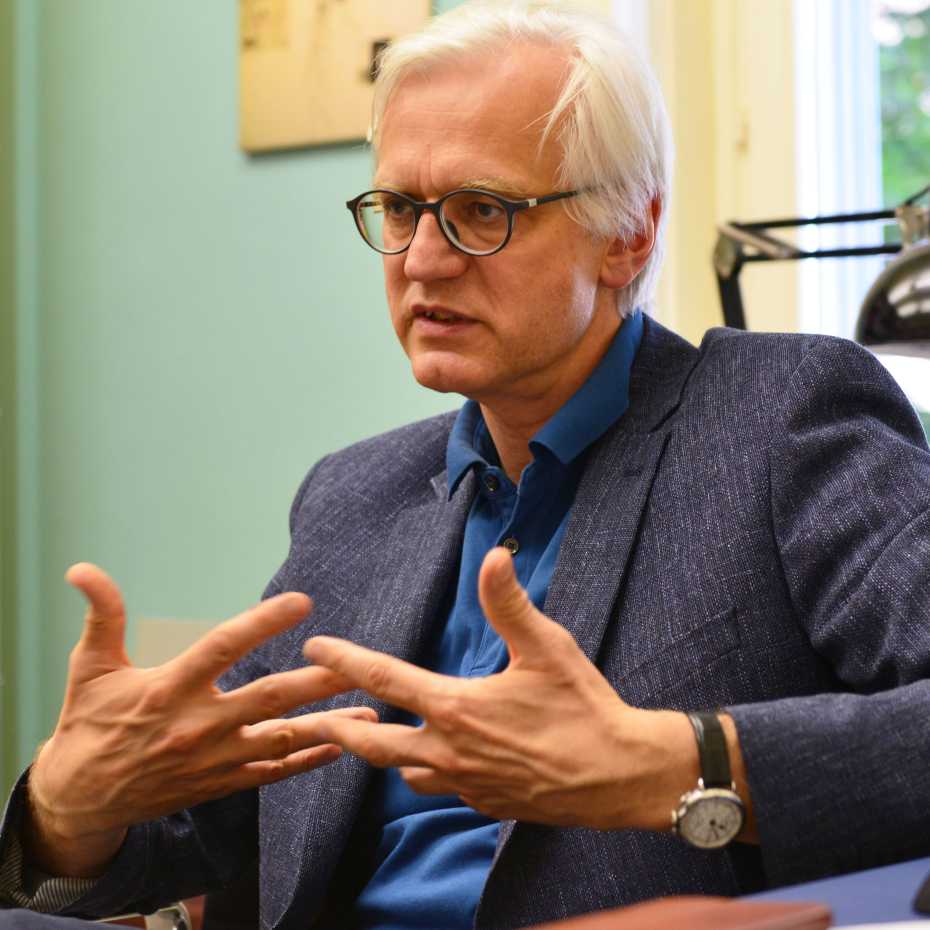
Interviews
Eliane Schmid
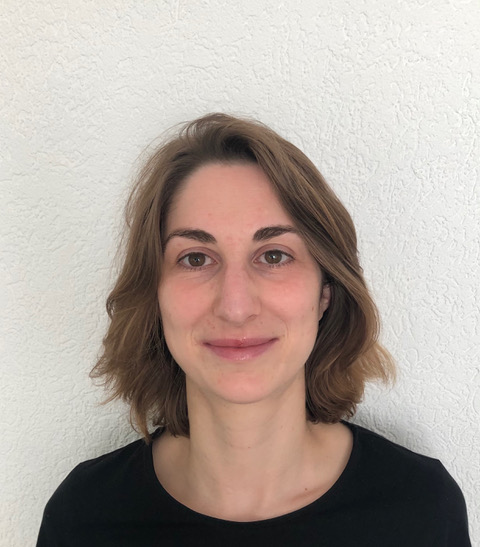
Content & Consulting
Andreas Kilcher
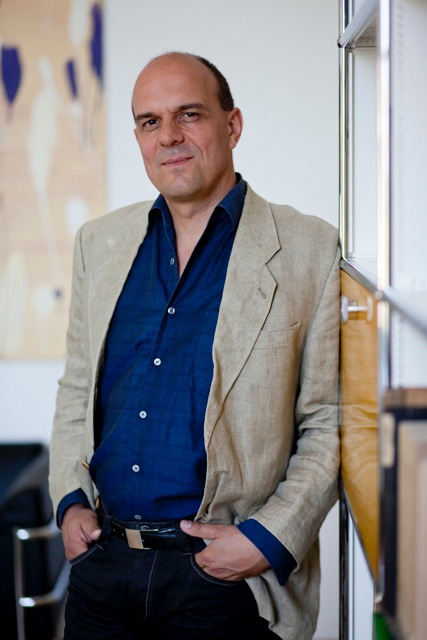
Interviews
Frederike Maas
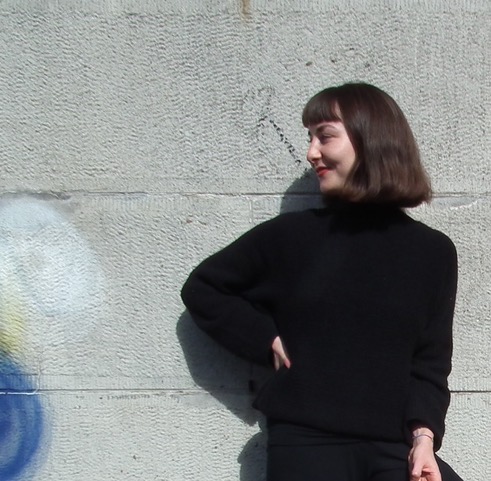
Content & Consulting
Kai Marchal
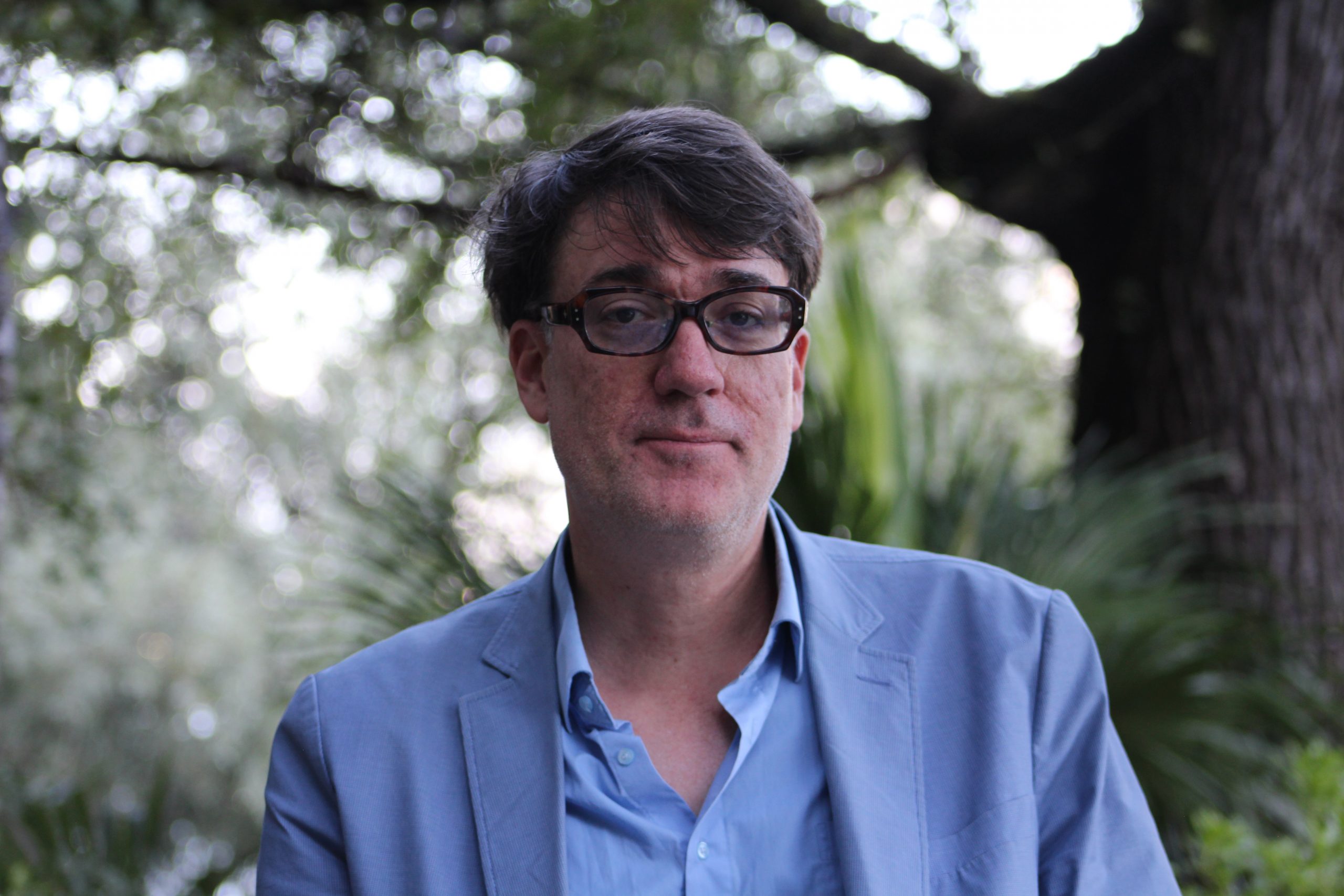
Interviews
Anna Morawietz
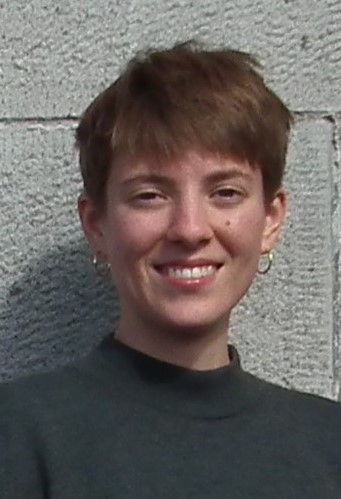
Content & Consulting
Ulrich Rudolph
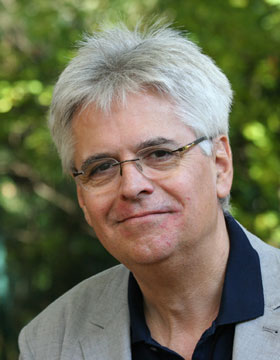
Illustration & Animation
Melanie Gerber
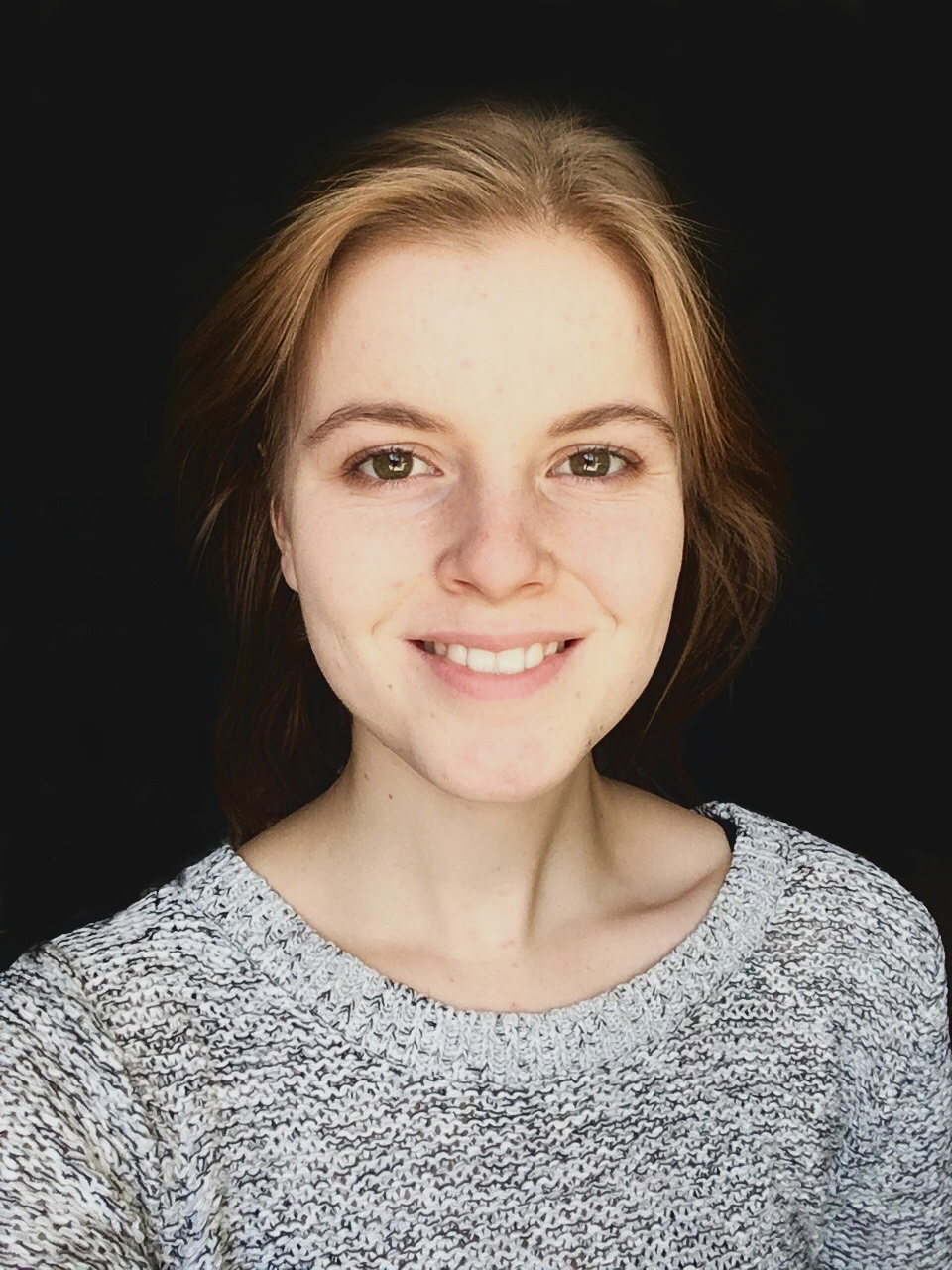

Eponym
METIS
